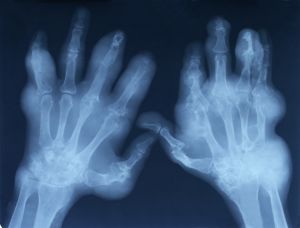Healthcare professionals are capable of making mistakes just like the rest of us. Unfortunately, those mistakes can have serious, even deadly, consequences. If you believe that you are the victim of one of these mistakes you have the basis of a medical malpractice lawsuit. First, however, you must determine if the mistakes rises to the level of “medical negligence”. For an error made by a healthcare professional to be compensable you must first prove medical negligence.
The number of medical errors committed by doctors and other healthcare professionals each year in the United States is difficult to determine; yet, the number is thought to be staggering. Studies estimate that anywhere from 100,000 to half a million (500,000) people die as a result of medical errors each year in the United States. Not all mistakes made by healthcare professionals, however, amount to medical negligence. For a mistake to be considered negligence, the act or omission by the health care provider must have fallen below the accepted standard of practice in the medical community and caused injury or death to the patient. In other words, would another doctor (nurse, hospital etc.) have done the same thing under the same circumstances?
Because medical negligence is determined by looking at what a reasonable professional would have done, or not have done, under the same circumstances, proving medical negligence always require expert testimony by a healthcare provider –usually another physician or specialist. For example, if the error committed was failure to diagnose cancer by an oncologist, you will likely need another oncologist to testify that the defendant should have made the proper diagnosis given all the information available regarding the patient at the time of the failure to diagnose.
Although medical malpractice lawsuits are similar in concept to any other type of personal injury lawsuit, in practice they are often very different. For example, many states require the victim to submit the proposed claim to a medical board before moving forward with the lawsuit. In addition, many states require the victim to have an expert who is prepared to testify that the defendant’s acts or omissions were negligent.
Because of the inherent complexity of a medical malpractice lawsuit, and the difficulty in proving medical negligence, it is imperative that you consult with an experienced Michigan medical malpractice attorney early on in the process.







